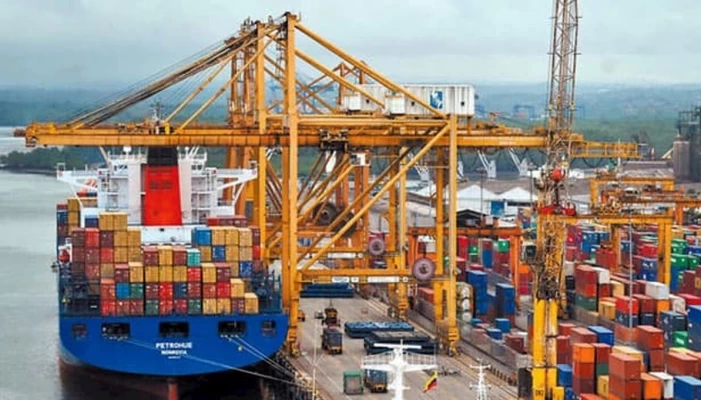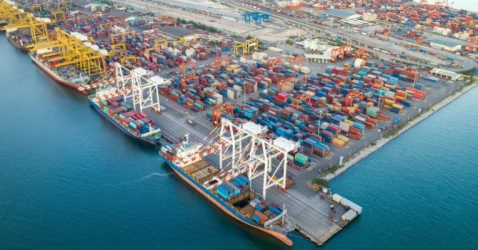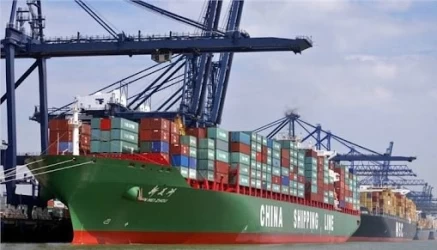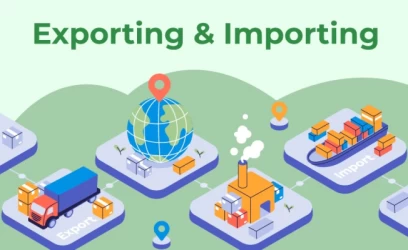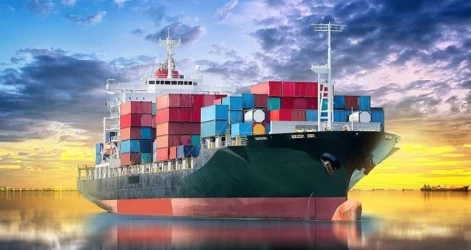Sea freight at Kochi port
Cochin Port, located in the southwestern Indian state of Kerala, is one of the most significant and historically rich ports in India. Nestled alongside the Arabian Sea, it has served as a crucial maritime hub for centuries, facilitating trade between India and various parts of the world. With advancements in infrastructure and increased shipping activity, Cochin Port has emerged as a key player in India’s maritime transport sector.
Historical Background of Cochin Port
Cochin Port has a long-standing history dating back to ancient times, when it was an essential trading center for spices, textiles, and other commodities. It gained prominence during the colonial era, particularly under the Portuguese and later the British, who recognized its strategic importance. The port became a focal point for trade routes connecting Europe, Africa, and Asia, enhancing its role in global commerce.
In the early 20th century, significant modernization efforts began, leading to the development of various facilities and services at the port. The establishment of the Cochin Port Trust in 1920 marked a new chapter in its administration, aiming to improve operational efficiency and expand its capacity.
Features of Cochin Port
Cochin Port boasts several modern features that contribute to its effectiveness in maritime transport:
- Advanced Infrastructure: The port is equipped with state-of-the-art cranes, storage facilities, and multi-purpose terminals. This modern infrastructure enables efficient loading and unloading of cargo, minimizing turnaround times for vessels.
- Deep Water Access: Cochin Port has deep water access, allowing it to accommodate larger vessels, including oil tankers and container ships. This capability is crucial for handling significant cargo volumes and reducing transportation costs.
- Strategic Location: Situated on the trade route between the East and West, Cochin Port provides easy access to both domestic and international markets. This advantageous location facilitates trade with the Middle East, Southeast Asia, and beyond.
- Multimodal Transport Connectivity: The port is well-connected to land and rail transport networks, enabling swift movement of goods to and from the port. This multimodal connectivity enhances the logistics capabilities of the region, making it a vital transit point for various industries.
Economic Role of Cochin Port
Cochin Port plays a pivotal role in India’s economy, serving as a major gateway for imports and exports. It facilitates the movement of various goods, including crude oil, liquefied natural gas, agricultural products, and manufactured goods. The port significantly contributes to the local economy by providing employment opportunities and stimulating the growth of related industries such as shipping, logistics, and manufacturing.
Moreover, the port's growth has led to the development of ancillary services, including warehousing, transportation, and shipping agencies, further boosting the economic landscape of Cochin and its surroundings.
Challenges in Maritime Transport at Cochin Port
Despite its advantages, Cochin Port faces several challenges that need to be addressed:
- Congestion Issues: Increased shipping traffic can lead to congestion at the port, causing delays in cargo handling. Efficient management and planning are necessary to mitigate these issues.
- Environmental Concerns: The expansion of port activities raises environmental concerns, including water pollution and habitat destruction. Sustainable practices must be adopted to minimize the ecological impact of maritime operations.
- Competition from Other Ports: Cochin Port competes with other major Indian ports, such as Mumbai, Chennai, and Visakhapatnam. Maintaining a competitive edge requires continuous improvements in efficiency and services.
- Technological Adaptation: As maritime transport evolves, Cochin Port must invest in technology to streamline operations and enhance security measures to meet international standards.
Conclusion
Cochin Port stands as a vital maritime transport hub in India, with a rich history and strategic importance in global trade. Its advanced infrastructure, deep-water access, and multimodal connectivity make it an essential player in the country’s economy. However, to sustain its growth and relevance, addressing the challenges it faces through sustainable practices and technological advancements will be crucial.
If you have any specific questions or need further assistance, feel free to ask!

